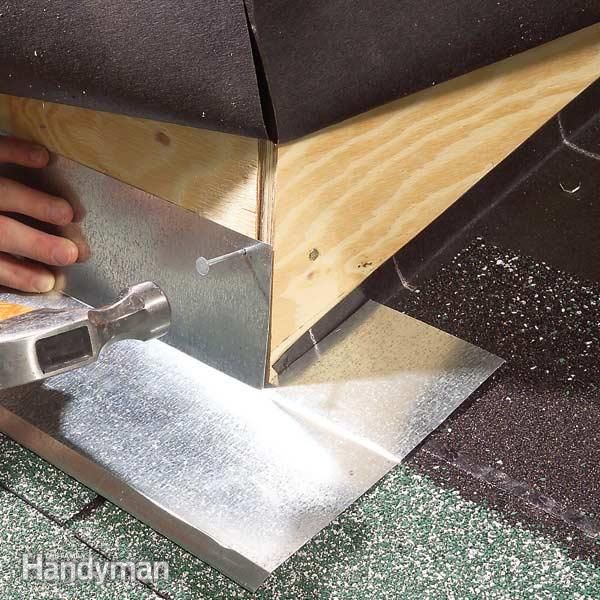However that pronounced wave will nearly always signify one big thing.
How to fix a wavy roof.
When it comes to wavy or warped roofs it s best to call in a professional roofing contractor like aabco roofing for a thorough roofing consultation and inspection.
A good contractor will never just add a layer of shingles over an existing layer of shingles they ll remove your old shingles first.
Thankfully this is the most common cause and also the easiest to fix.
Hardware details of the roof expander.
Having wet or poorly placed felt paper under your shingles can cause your roof to be wavy.
If your roof is sagging wavy or bowing there are six important things in the attic to check from a structural standpoint.
Typically in this case the problem will resolve itself with just a little time and heat.
A layer of shingles was applied over an old layer this only happens if you worked with a bad roofing company.
First one end then the other of the stretching tool is bolted to the pre drilled holes in a pair of opposing rafters.
Your roof is buckling or bulging somewhere or the materials simply aren t lying flat.
Applying a temporary adhesive will do the trick.
A wavy roof is rather alarming and unfortunately there are actually quite a few potential causes.
However some areas allow multilayer roofs which can save homeowners the cost of a tear off and debris removal.
As work progresses hanging the roof sag remover tool from one of the new collar ties already in place eases holding it in place for bolting.
Multilayer roofs it is always better to tear off your old roof and install a new one.
Thankfully this is usually corrected with a little time and heat.
This is the best case scenario for a wavy roof because typically the paper will end up flattening itself after a few weeks of summer weather.
If you can get at the underside of the roof from the attic you can install 2x4 blocking to push the plywood up where it is dipping to help straighten it out.
However the new shingles will keep to the form of the old layer.
If the material was damp if the day was humid or the paper bubbled a bit if could produce a wavy appearance on your new roof.
This type of roof wave is usually only seen after a new installation.

